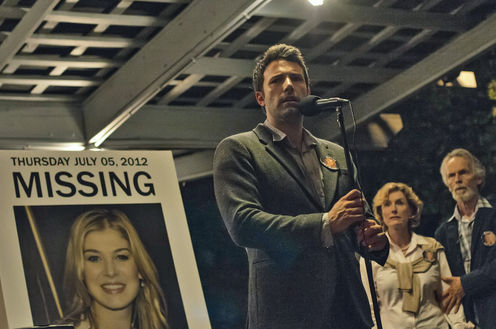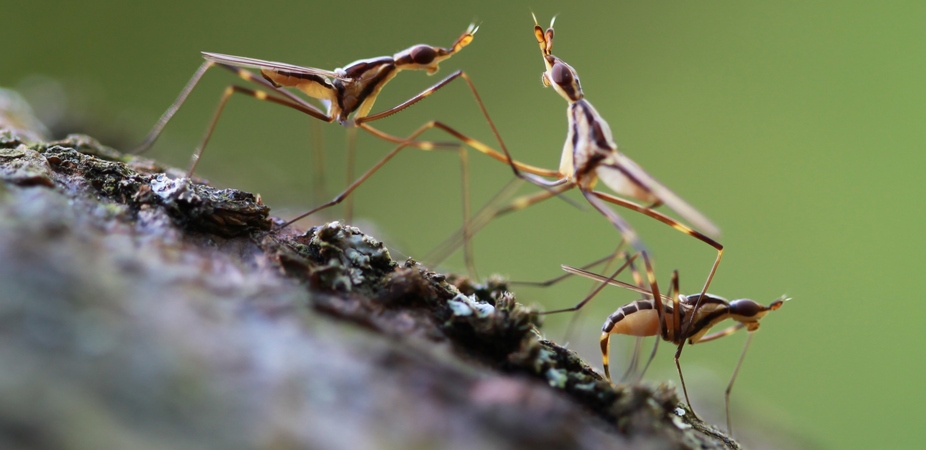 Healthcare In Space - The First Medical Evacuation From The ISS
Healthcare In Space - The First Medical Evacuation From The ISSFor the first time in 25 years of continuous crewed operations, an astronaut has been medically...
 I Earned It, You're Privileged - The Paradox In How We View Achievement
I Earned It, You're Privileged - The Paradox In How We View AchievementThe concept of “hard work v privilege”, and what either one says about someone’s social status...
 Not Just The Holidays: The Hormonal Shift Of Perimenopause Could Be Causing Weight Gain
Not Just The Holidays: The Hormonal Shift Of Perimenopause Could Be Causing Weight GainYou’re in your mid-40s, eating healthy and exercising regularly. It’s the same routine that...
 Anxiety For Christmas: How To Cope
Anxiety For Christmas: How To CopeChristmas can be hard. For some people, it increases loneliness, grief, hopelessness and family...




 Stick 'em up. Credit:
Stick 'em up. Credit: 






 Seeing pictures of preened celebrities, or even slimmer friends, makes many wish that their arms were that little bit thinner or abs more tightly toned. Most of us have an existing desire to be a normal healthy weight, but not everyone seems able to achieve this goal.
Seeing pictures of preened celebrities, or even slimmer friends, makes many wish that their arms were that little bit thinner or abs more tightly toned. Most of us have an existing desire to be a normal healthy weight, but not everyone seems able to achieve this goal.


